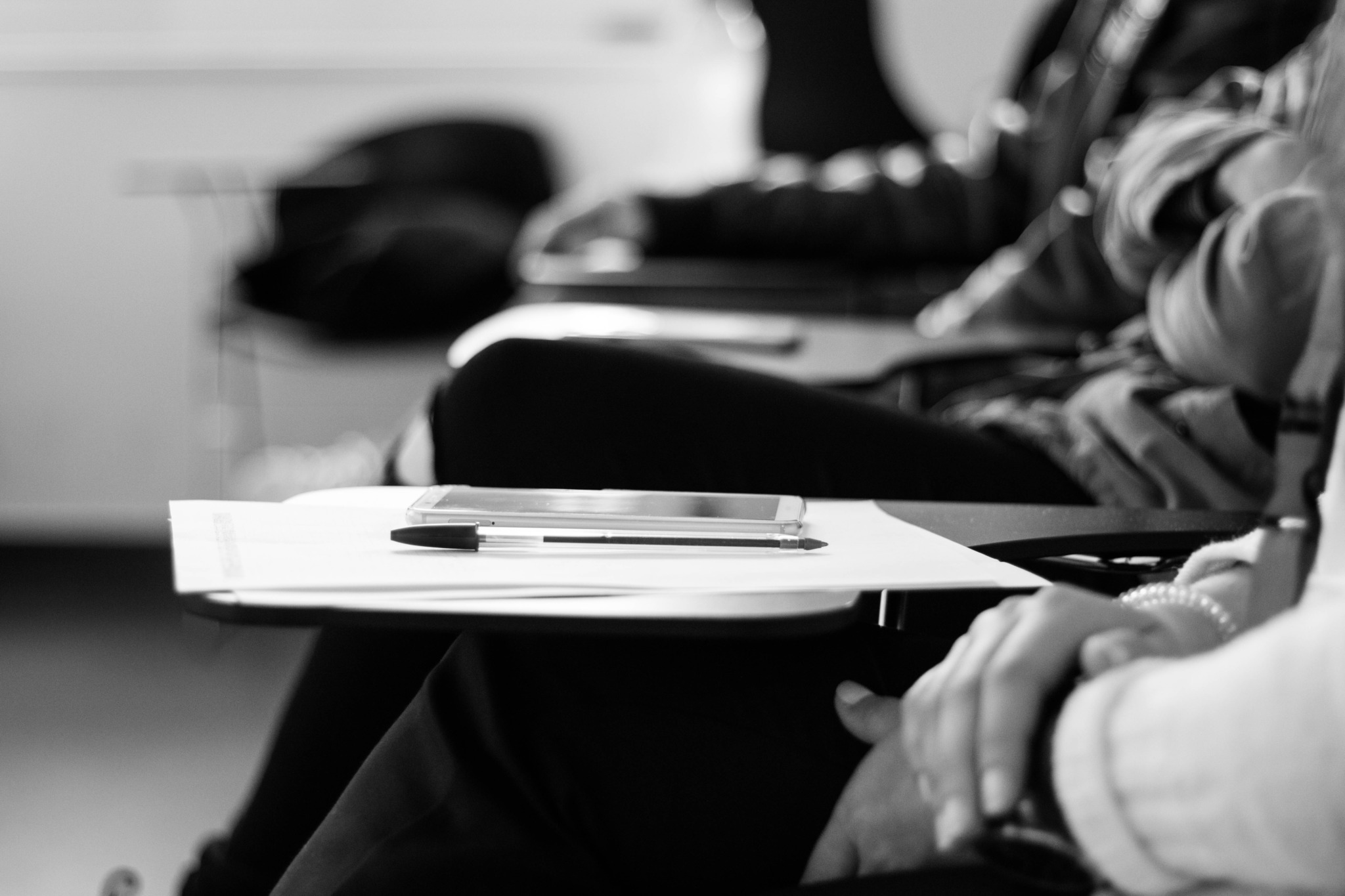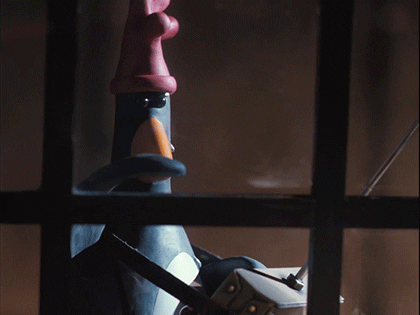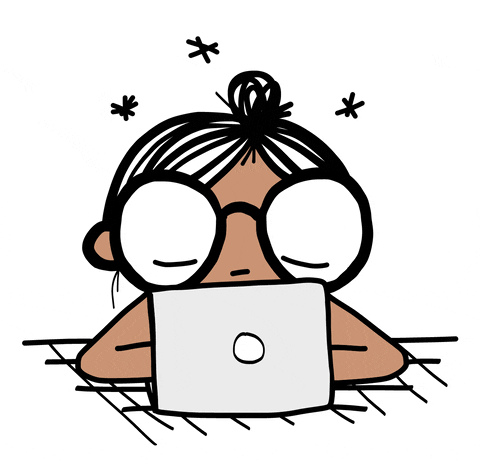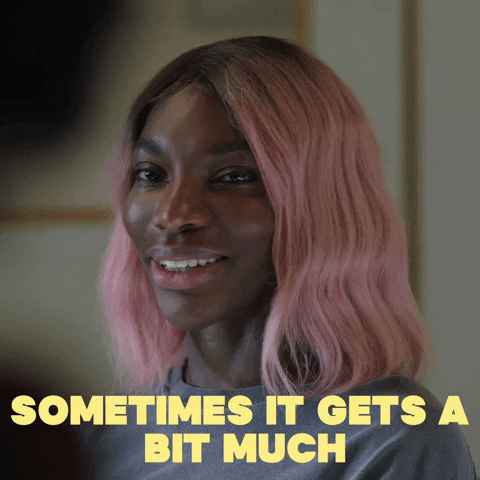In my first two weeks of online classes, I thought I would drop out. It was my second semester in my first year of university, and I felt that my entire world had upended. The safety of my relatives and friends was uncertain, and the fear of what could happen kept me up several nights. At first, I believed that the change would be insignificant. I could handle a class online; maybe it wouldn’t be as hard as I thought.
If the rest of my world was in question, at the least, I could hold on to the one part of myself that was stable: my academics.

The pressure to succeed was overwhelming.

Ever since elementary school, grades were what I defined my worth by. Family members hailed academic achievements as signs of success and a good future. Soon enough, I thought the same thing.
It’s suggested by research that academic pressure leads to anxiety and depression. In my case, that amount of stress resulted in years of putting immense pressure on myself to achieve academic success. I would start drinking several cups of coffee at 15-years-old to finish assignments and take on workloads I knew I could not handle. I felt that I would be creating a good future for myself and making my family proud.
These behaviors were exacerbated when I entered an advanced college program at my high school. This meant that, alongside classes and extracurriculars, I would take college courses. While it did give me a head start, it created a competitive environment I struggled to keep up with.
I never even considered if I truly wanted to go to college, or if it was just another step in my life I believed I had to take.

Now, I would not entirely cover this part of my life if I did not mention that I did enjoy school. I loved learning and becoming more skilled with my passions. Education is something that enables someone to become independent, not just in their thought, but in their own lives. Education is a privilege that isn’t given to everyone, and it’s something I have always been grateful to have. However, I had it let it consume me to a point where it came before my own well-being. It was a slow boil rising within myself that came to its hottest point during quarantine.
The transition was more difficult than anticipated.

Virtual learning was, of course, not easy. Getting up every day amidst the sounds of sirens and a rising death toll only became harder with each sunrise, and the course load only seemed to grow. At the least, before virtual learning began—while I do understand its necessity for the population’s safety—there was a time for myself outside of school. During the onset of the pandemic, school felt like it was always in session. The fervent desire I had to succeed in school had diminished. Even the enjoyment I once had for learning was disappearing. All I felt was pressure, anger and disappointment with myself.
As I saw my grades falling, I remember telling a close relative how I felt. He was also in university yet handling the online transition far better than I was. He told me that it was because he refused to intertwine his self-worth and happiness with school. University was not going to be something that he would be in forever, and it isn’t something that one needs to succeed in life. As he explained to me his reasoning, it felt like I finally found an answer to the problem I was facing.
It’s important to realize the importance of balance.

I never found a way to balance my academics with self-care. It never even occurred to me that I could. In fact, it was more important than anything else in my life. At that moment, I decided that I had to reframe how I defined my self-worth. If I didn’t, I knew it would lead to self-destruction.
After that semester ended, I did salvage my grades and chose to continue university. However, I’ve been learning how to remove my academic achievement from how I feel about myself. I rediscovered the hobbies I enjoyed, watched films I loved and become more connected to my family. I realized that there was more to life than school, and that self-worth is something I will always have, good grades or not.



















